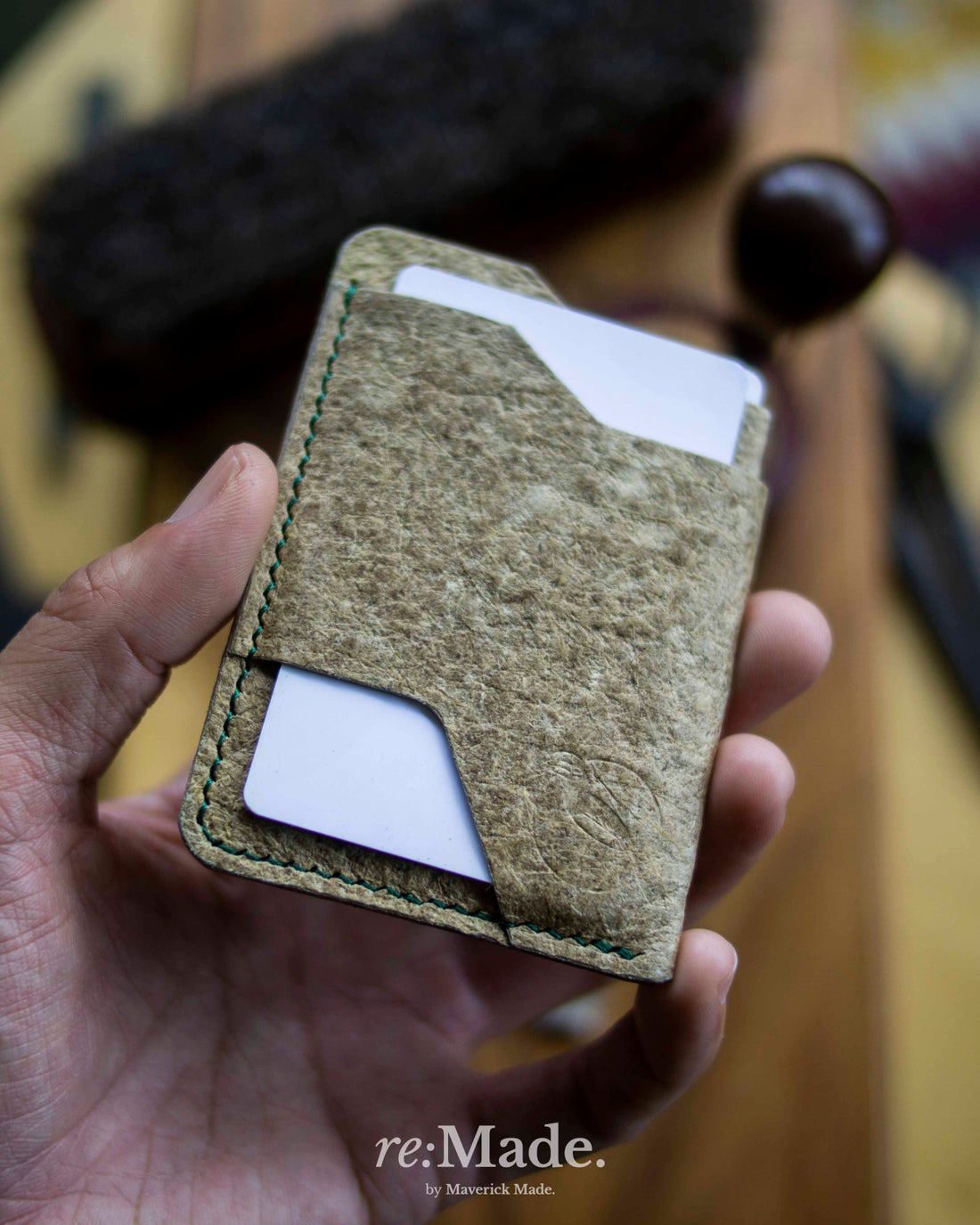
Real Leather vs Vegan Leather - An Objective Review
Share
There are pros and cons to both real leather and vegan leather, and which one is "better" depends on your priorities and values.
Real leather is made from the skin of animals, typically cows, and has been used for centuries to make clothing, shoes, and other accessories. It is generally considered a high-quality material because it is durable, soft, and comfortable. However, the production of real leather has environmental and ethical implications. Raising animals for their skin requires land, water, and other resources, and the process of turning animal skins into leather can be harmful to the environment. Additionally, some people object to the use of animal products on moral or ethical grounds.

Vegan leather, also known as synthetic leather or faux leather, is made from synthetic materials such as polyurethane or PVC. It is a popular alternative to real leather because it is cruelty-free and does not involve the use of animal products. Vegan leather can be made to look and feel similar to real leather, but it is generally not as durable. It may also contain synthetic chemicals that can be harmful to the environment or to humans, depending on the production process.
Ultimately, whether real leather or vegan leather is better depends on your personal values and priorities. If you are concerned about the ethical treatment of animals or the environment, you may prefer vegan leather. If you value durability and quality, you may prefer real leather.

Here are some additional considerations to take into account when deciding between real leather and vegan leather:
-
Cost: Real leather is generally more expensive than vegan leather because it is a natural material and the production process is more labor-intensive. However, the price difference can vary depending on the type and quality of the leather, as well as the brand and retailer.
-
Durability: Real leather is generally more durable than vegan leather because it is a natural material that becomes more flexible over time. It can also withstand wear and tear better than synthetic materials. However, the durability of real leather can vary depending on the quality of the hide and the way it is treated. Vegan leather, on the other hand, is often less durable and may wear out more quickly, especially if it is not cared for properly.
-
Comfort: Both real leather and vegan leather can be comfortable, but real leather is generally considered more breathable and comfortable to wear. It conforms to the wearer's body and becomes more comfortable over time. Vegan leather, on the other hand, can feel stiff or synthetic and may not be as breathable.
-
Environmental impact: The production of real leather can have a negative impact on the environment, as it involves the use of land, water, and other resources to raise animals for their skin. The process of turning animal hides into leather also generates waste and pollution. Vegan leather, on the other hand, does not involve the use of animal products, but it can still have an environmental impact depending on the materials and production processes used. Some vegan leathers are made from synthetic materials that are not biodegradable and may release harmful chemicals into the environment during production or disposal.
-
Ethical considerations: Real leather involves the use of animal products, which some people object to on moral or ethical grounds. Vegan leather is a cruelty-free alternative that does not involve the use of animal products. If animal welfare or veganism is important to you, vegan leather may be a better choice.

